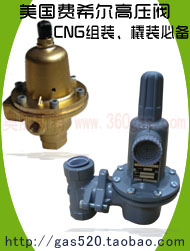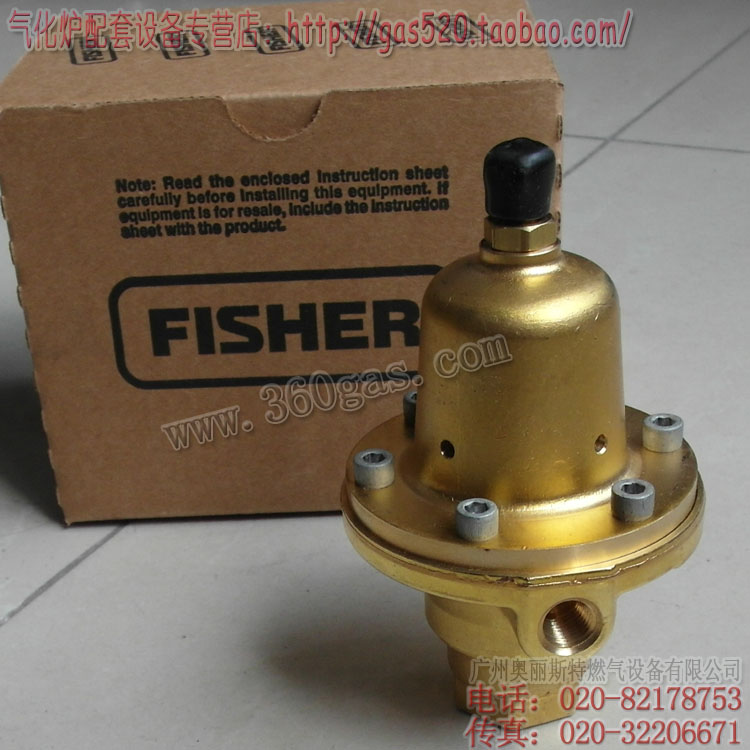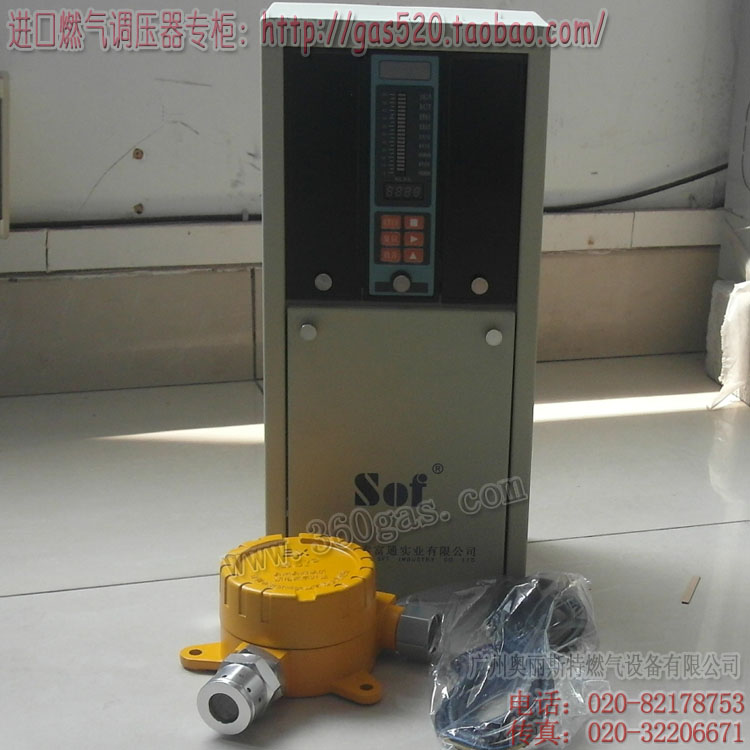位置:首页 > 燃气资讯 > Cenergy Solutions
Cenergy Solutions Eases Vehicle Transition to Natural Gas Fuel
浏览次数 776 , 日期 2015-04-27 , 燃气设备 加入收藏
雅德轴向压力表0-4kg/cm2,0-60PSI油压表,不锈钢压力表,压力表.Cenergy Solutions claims to have developed new technologies that will enable consumers and businesses to transition gasoline and diesel vehicles to use natural gas and refuel directly at their homes and businesses. Last month, Cenergy filed for U.S. and international patents on its breakthrough Adsorbent Natural Gas (ANG) equipment.
Cenergy Solutions patent pending ANG storage cylinder technology and conversion system requires less pressure to operate a natural gas vehicle and allows for more storage in the same size cylinder. With lower pressure requirements, compressors for homes or businesses will cost less to purchase, operate and maintain. And, because more fuel can be stored in the cylinder at the same pressure, the ANG system will have more range than traditional Compressed Natural Gas (CNG) systems.
“Adsorbent Natural Gas technology has been talked about for years,” said Gary Fanger, Chief Operating Officer of Cenergy Solutions. “But until now, several technological challenges stood in the way of market introduction and acceptance. Our technology overcomes those challenges.”
Cenergy Solutions tested its ANG Storage System and Pro ANG Conversion System on a vehicle with a GMC 8.1 liter engine (one of GMC’s largest production engines) for over 10,000 miles in conditions that include heavy payloads, high altitude and cold weather. “The results have been very positive, and we look forward to testing the system in two distinct and separate commercial fleets,” added Fanger.
Cenergy’s technology can be applied to existing natural gas cylinders, which typically have a service life of 15 to 20 years. The specialized equipment will also make it possible to use low pressure (350-700 psi) cylinders that are lighter and can be conformed to fit in various areas of empty space in a vehicle.
Cenergy Solutions’ innovations were made possible by collaborating with global energy storage company EnerG2. “We’re trying to eliminate the gasoline-driven vehicle, and our partnership and collaboration with Cenergy Solutions is certainly pushing us down that path,” explains Aaron Feaver, Chief Technology Officer and Co-Founder of EnerG2. “This is a significant breakthrough that will have lasting impact on several different fronts.”
NW Natural, a local natural gas distribution company, has been working with Seattle-based EnerG2 to improve the on-board CNG fuel storage. “We have been waiting three decades for ANG to become a reality and are grateful to be part of the research and development efforts of Cenergy Solutions and EnerG2,” said Chris Galati, an engineer and business developer with NW Natural. “The price advantage and environmental benefits of natural gas as a transportation fuel are widely known and adsorbed natural gas simply makes the physical storage and performance of the fuel delivery work better on board the vehicle.”
Cenergy currently sells cylinders and EPA compliant natural gas conversion systems for vehicles. Established in 2012, its mission is to make natural gas accessible for everyone to use in their vehicles for cleaner air, an improved economy and energy independence and to enable an easy transition from gasoline and diesel.
Cenergy Solutions patent pending ANG storage cylinder technology and conversion system requires less pressure to operate a natural gas vehicle and allows for more storage in the same size cylinder. With lower pressure requirements, compressors for homes or businesses will cost less to purchase, operate and maintain. And, because more fuel can be stored in the cylinder at the same pressure, the ANG system will have more range than traditional Compressed Natural Gas (CNG) systems.
“Adsorbent Natural Gas technology has been talked about for years,” said Gary Fanger, Chief Operating Officer of Cenergy Solutions. “But until now, several technological challenges stood in the way of market introduction and acceptance. Our technology overcomes those challenges.”
Cenergy Solutions tested its ANG Storage System and Pro ANG Conversion System on a vehicle with a GMC 8.1 liter engine (one of GMC’s largest production engines) for over 10,000 miles in conditions that include heavy payloads, high altitude and cold weather. “The results have been very positive, and we look forward to testing the system in two distinct and separate commercial fleets,” added Fanger.
Cenergy’s technology can be applied to existing natural gas cylinders, which typically have a service life of 15 to 20 years. The specialized equipment will also make it possible to use low pressure (350-700 psi) cylinders that are lighter and can be conformed to fit in various areas of empty space in a vehicle.
Cenergy Solutions’ innovations were made possible by collaborating with global energy storage company EnerG2. “We’re trying to eliminate the gasoline-driven vehicle, and our partnership and collaboration with Cenergy Solutions is certainly pushing us down that path,” explains Aaron Feaver, Chief Technology Officer and Co-Founder of EnerG2. “This is a significant breakthrough that will have lasting impact on several different fronts.”
NW Natural, a local natural gas distribution company, has been working with Seattle-based EnerG2 to improve the on-board CNG fuel storage. “We have been waiting three decades for ANG to become a reality and are grateful to be part of the research and development efforts of Cenergy Solutions and EnerG2,” said Chris Galati, an engineer and business developer with NW Natural. “The price advantage and environmental benefits of natural gas as a transportation fuel are widely known and adsorbed natural gas simply makes the physical storage and performance of the fuel delivery work better on board the vehicle.”
Cenergy currently sells cylinders and EPA compliant natural gas conversion systems for vehicles. Established in 2012, its mission is to make natural gas accessible for everyone to use in their vehicles for cleaner air, an improved economy and energy independence and to enable an easy transition from gasoline and diesel.








